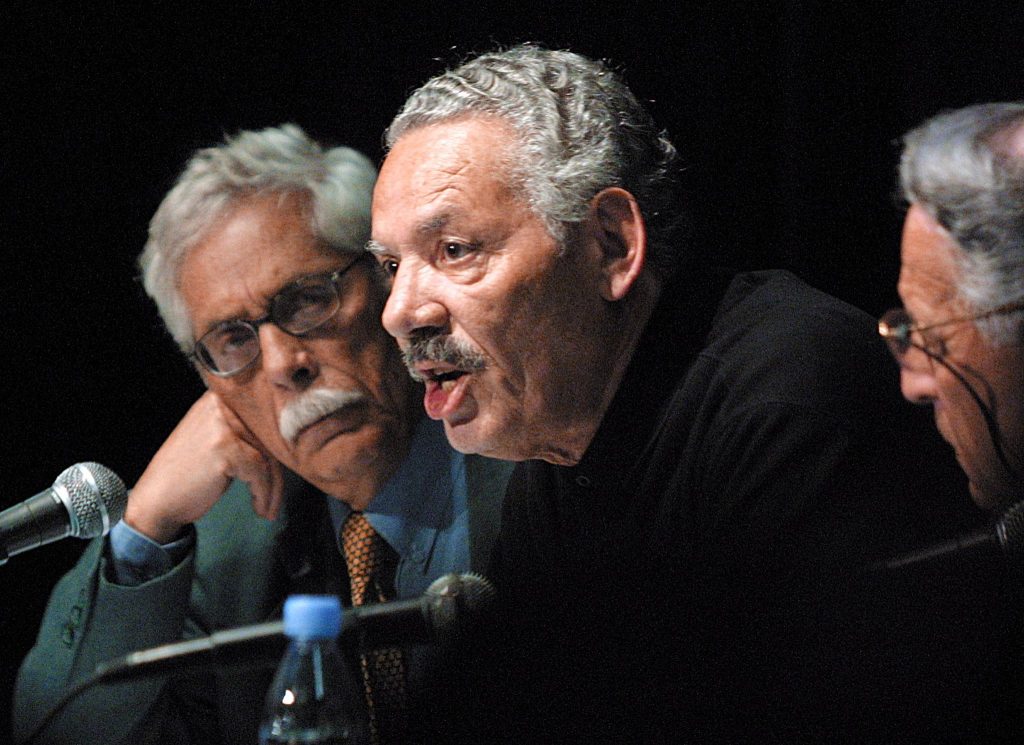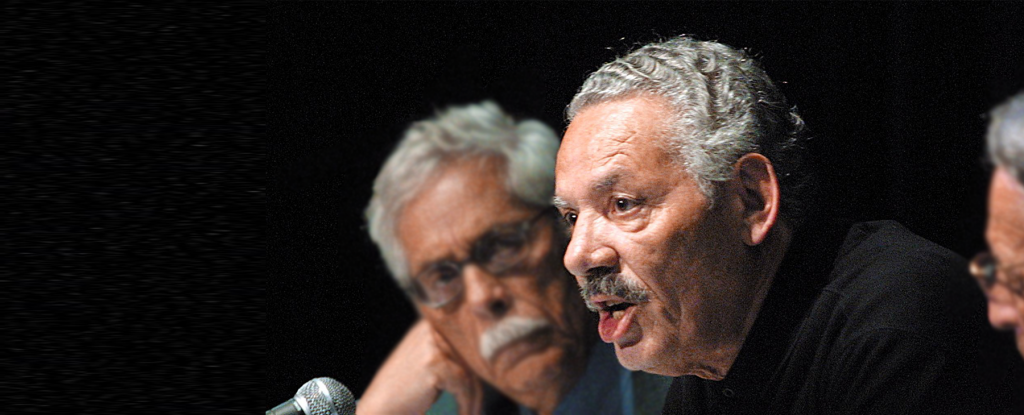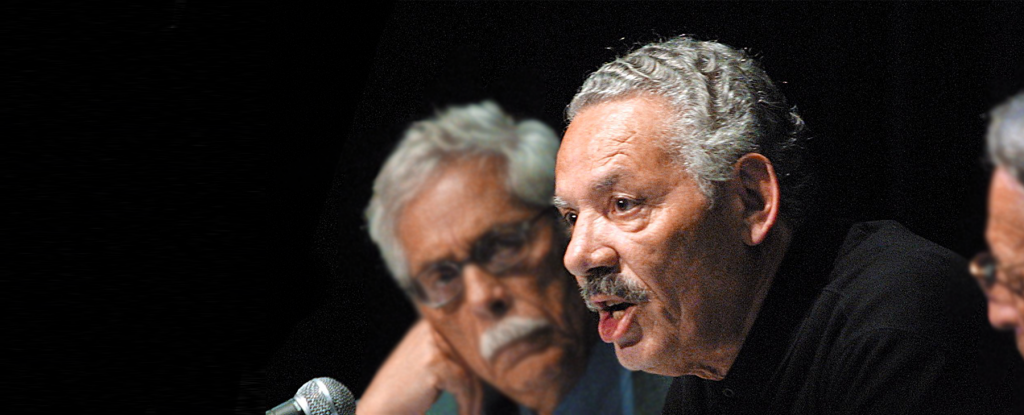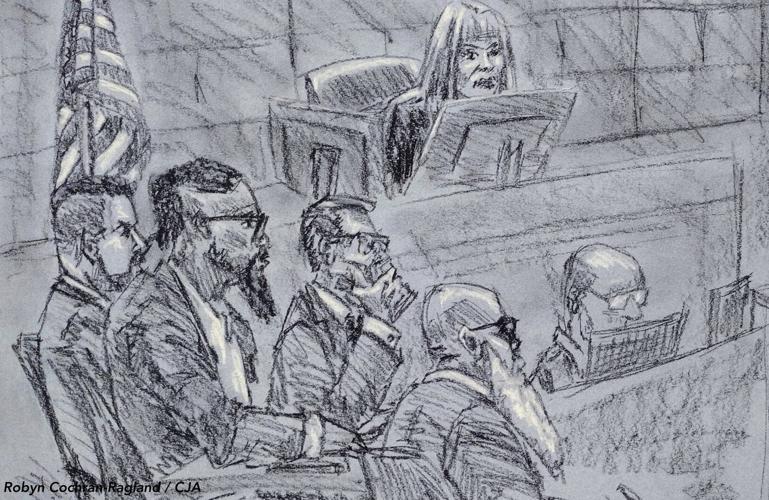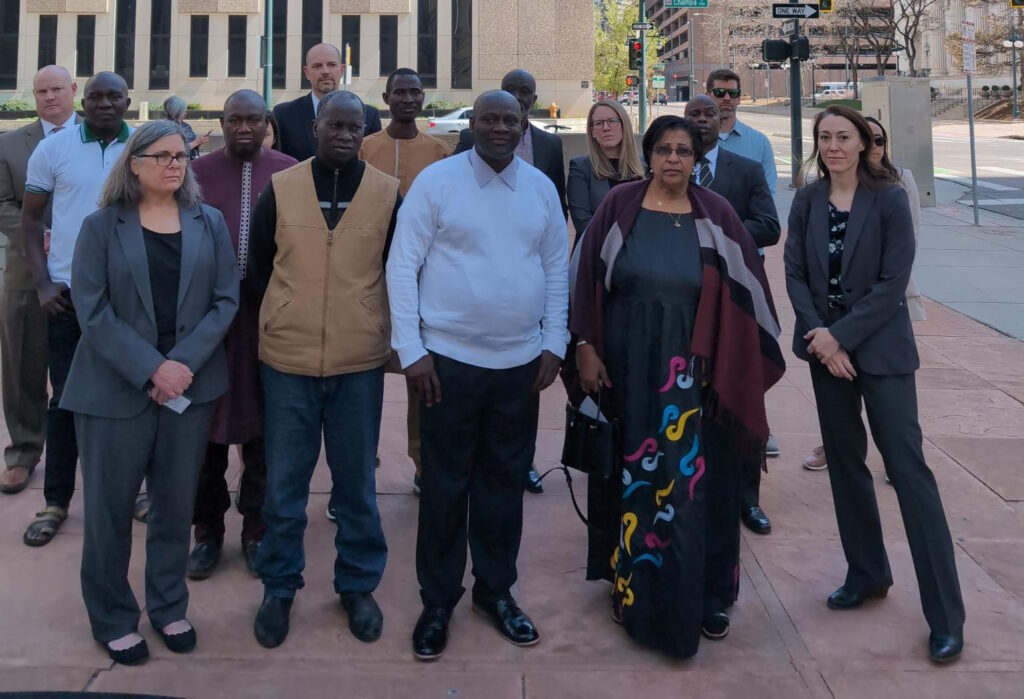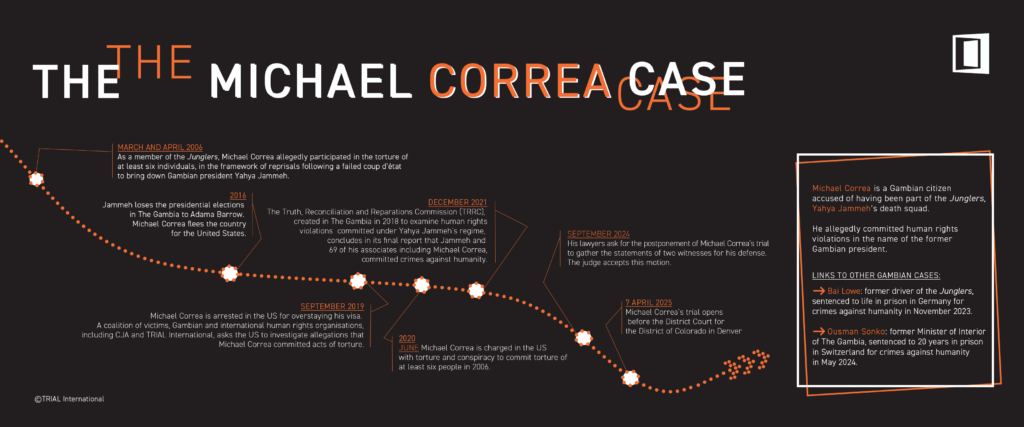Nepal – After 13 years of despair, families’ hopes for truth and justice fading
Geneva / Kathmandu – 21 May 2012
After thirteen years of despair, of denial and of waiting for truth and justice, two families of victims of enforced disappearance during the civil conflict in Nepal bring their case to the United Nations. The perpetrators must be brought to account, says TRIAL – a Geneva-based human rights organisation.
Thirteen years ago to this day, on 21 May 1999, Mr. Danda Pani Neupane and Mr. Milan Nepali were arrested in Kathmandu by the Nepal Police as suspected members of the then Communist Party of Nepal – Maoist (CPN-M). Both men were witnessed in the custody of the Nepal Police approximately one month after their arrest in June 1999, but have not been seen since, alive or dead. The Nepal Police have continuously denied having arrested or detained either Mr. Neupane or Mr. Nepali, in spite of eyewitnesses confirming their arrest and subsequent detention inside both the Police headquarters and the Police training centre in Kathmandu.
Tragically, the likelihood that the families of Danda Pani Neupane and Milan Nepali will ever receive the truth about the fate of their loved ones becomes less probable the further the Government of Nepal strays from fully implementing both the decisions of its own Supreme Court and its legally binding obligations under international law.
The family members of the two men have now waited thirteen agonising years for news of their loved ones, but have been met only with official indifference. Indeed, their hopes that the Government of Nepal would implement the landmark Supreme Court judgement of June 2007, which ordered the establishment of a Commission of Inquiry on Disappearances leading to the investigation of cases of enforced disappearance and the criminal prosecution of perpetrators, have long been forsaken.
Almost five years after the Supreme Court judgment was passed, the Constituent Assembly remains paralysed by the power struggles and petty squabbles of its factious political parties, and bills establishing the Disappearance Commission and Truth and Reconciliation Commission (TRC) have yet to be passed into law. There is also very real concern that even if passed, the two transitional justice bills will not be in line with international legal standards regarding victims’ rights to truth and reparations, nor the State of Nepal’s obligations to investigate, prosecute and punish perpetrators of enforced disappearance. Furthermore, recently proposed amendments by political leadership would empower the TRC to grant amnesty to leaders and members of both government forces and armed groups for acts that would amount to serious violations of international human rights or humanitarian law.
Tragically, the likelihood that the families of Danda Pani Neupane and Milan Nepali will ever receive the truth about the fate of their loved ones becomes less probable the further the Government of Nepal strays from fully implementing both the decisions of its own Supreme Court and its legally binding obligations under international law. Nor are the cases of Danda Pani Neupane and Milan Nepali unique: the families of over one thousand victims of enforced disappearance have similarly endured years of official indifference and the prolonged suffering that this has brought about.
On the thirteenth anniversary of the enforced disappearance of Danda Pani Neupane and Milan Nepali, TRIAL (Swiss Association against Impunity) submitted their cases to the United Nations Human Rights Committee. TRIAL has called on the Committee to request that the Government of Nepal ensure a prompt investigation into the arbitrary deprivation of liberty and subsequent enforced disappearance of Danda Pani Neupane and Milan Nepali; bring the perpetrators to justice; provide their relatives with adequate compensation and measures of reparation; and in the event of their death, locate, exhume, identify and return their mortal remains to their families.
Context
In 1996, a violent armed conflict started between Maoist insurgents and the Government of Nepal. Nearly 14,000 persons died during the ten year-long civil war that followed. Grave human rights violations, such as arbitrary arrests, abductions, rapes, torture and extrajudicial executions were committed by both sides. The practice of enforced disappearances was particularly widespread, with more than 2,100 cases reported during the conflict. Despite the signature of a peace agreement between the Maoists and the government in November 2006, the authorities have failed to initiate any serious investigations into the crimes perpetrated during the war and not a single perpetrator has been convicted to date. As a result, over five years after the conclusion of the conflict, perpetrators still enjoy immunity from prosecution, while victims continue to be denied their fundamental rights to truth, justice and reparations.
The cases of Mr Danda Pani Neupane and Mr. Milan Nepali represent the 8th and 9th cases brought by TRIAL before the UN Human Rights Committee. All cases are currently under consideration by the Committee.


